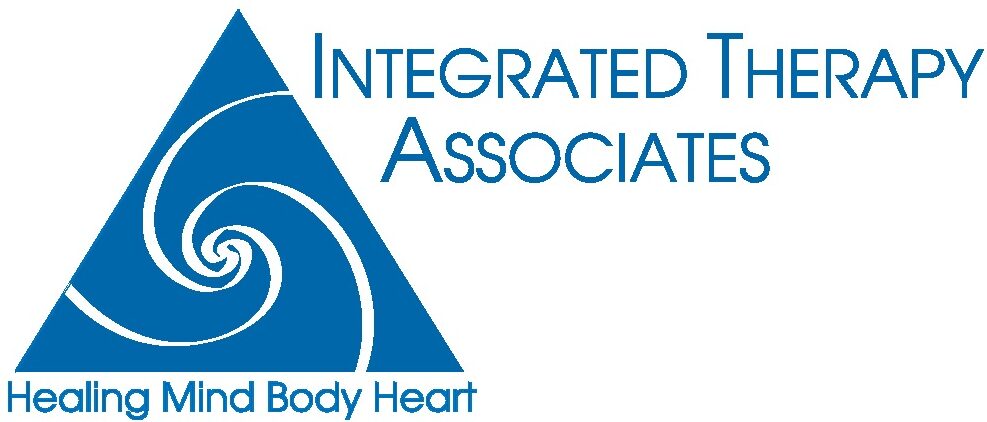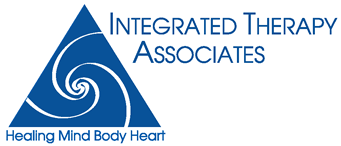Integrated Therapy Associates 3907 Wrightsville Avenue Suite 110
In my previous post I discussed the “ACE Study”, which looked at the occurrence of Adverse Childhood Experiences in a group of 17,337 adults. It was the largest and most comprehensive study of this type to date and looked at people’s experiences across ten different types of child sexual abuse. The questionnaire utilized for the ACE’s study appears below. If you would like to take it please feel free to, otherwise you may skip down to the section below.
Prior to your 18th birthday:
Did a parent or other adult in the household often or very often… Swear at you, insult you, put you down, or humiliate you? or Act in a way that made you afraid that you might be physically hurt?
No___If Yes, enter 1 __
Did a parent or other adult in the household often or very often… Push, grab, slap, or throw something at you? or Ever hit you so hard that you had marks or were injured?
No___If Yes, enter 1 __
Did an adult or person at least 5 years older than you ever… Touch or fondle you or have you touch their body in a sexual way? or Attempt or actually have oral, anal, or vaginal intercourse with you?
No___If Yes, enter 1 __
Did you often or very often feel that … No one in your family loved you or thought you were important or special? or Your family didn’t look out for each other, feel close to each other, or support each other?
No___If Yes, enter 1 __
Did you often or very often feel that … You didn’t have enough to eat, had to wear dirty clothes, and had no one to protect you? or Your parents were too drunk or high to take care of you or take you to the doctor if you needed it?
No___If Yes, enter 1 __
Were your parents ever separated or divorced?
No___If Yes, enter 1 __
Was your mother or stepmother:
Often or very often pushed, grabbed, slapped, or had something thrown at her? or Sometimes, often, or very often kicked, bitten, hit with a fist, or hit with something hard? or Ever repeatedly hit over at least a few minutes or threatened with a gun or knife?
No___If Yes, enter 1 __
Did you live with anyone who was a problem drinker or alcoholic, or who used street drugs?
No___If Yes, enter 1 __
Was a household member depressed or mentally ill, or did a household member attempt suicide? No___If Yes, enter 1 __
Did a household member go to prison?
No___If Yes, enter 1 __
Now add up your “Yes” answers: _ This is your ACE Score.
You may be wondering what your ACE score may tell you about yourself and I’d like to discuss this, along with providing a few thoughts also, about other factors that can help protect us from the potential harmfulness of These adverse childhood experiences. ACE scores of 4 and higher have been found to correlate with a high incidence of physical illnesses, mental health issues, alcoholism and drug dependency, and interpersonal difficulties.
What this means, is that typically, the more types of traumatic experiences a person endures in childhood, the more difficulty he/she will have later in life. In order to understand this at a deeper level it’s important to know that traumatic experiences affect many areas of our personal functioning including brain development, attachment patterns, the ability to feel connected with our bodies, and emotional regulation. Traumatic experiences also are associated with feelings of shame and self blame, feeling generally unsafe, flashbacks, and dissociation.
I’ll go into these long term effects in subsequent posts but wanted to make sure to also mention that it’s possible for individuals to experience adverse childhood experiences and not go on to develop some of the long term issues mentioned above.
One of the factors that differentiates whether or not long term impact will ensue is whether the child had the emotional support of a caring adult such as a grandparent, aunt or uncle, or a teacher. Feeling valued by a caring individual often helps to mitigate and lessen the long term effects of negative childhood experiences. Similarly, early intervention by helping professionals can help children work though their traumas at a young age.
For adults, “trauma informed” therapy can offer many options for healing from the long term effects of childhood abuse and neglect. This too will be covered in future posts on this blog. My hope is that by reading this post you’ll come away knowing that no one is “doomed”. While we know, beyond the shadow of a doubt, that adverse childhood experiences are detrimental in numerous ways, it is also the case that with compassion, support, insight, and patience, wounds from the past do heal and people go on to be happy and to have meaningful and productive lives.
References
Starecheski, L. (2015, March 2), Take the ACE Quiz [Blog post] Retrieved from: http://www.npr.org/sections/health-shots/2015/03/02/387007941/take-the-ace-quiz-and-learn-what-it-does-and-doesnt-mean
Van der Kolk, B., (2014). The body keeps the score. New York, New York: Viking.
Graphic animation figure- GIPHY app

